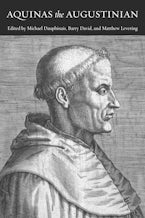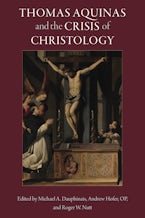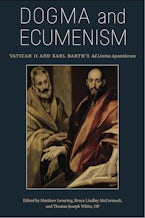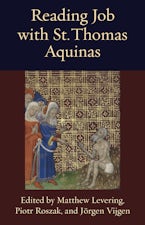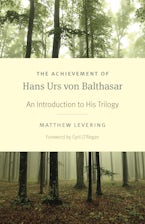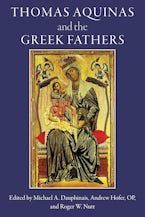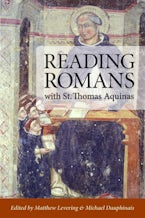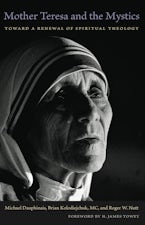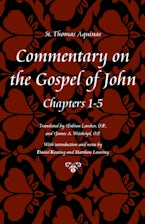- Home
- philosophy
- Aquinas the Augustinian
Preparing your PDF for download...
There was a problem with your download, please contact the server administrator.
Aquinas the Augustinian
Edited by Michael Dauphinais, Barry David and Matthew Levering
Imprint: Catholic University of America Press
The influence of St. Augustine's thought upon that of St. Thomas Aquinas is well known. With the exception of particular philosophical controversies, however, relatively little research has been done in this area. In summaries of medieval theology, Aquinas is often seen as a follower of Aristotle over the traditional "Augustinians" of his day. Against this emphasis on Aristotle, the influence upon Aquinas of such thinkers as Pseudo-Dionysius has been highlighted in recent research. While happily granting the influence of such figures as Aristotle and Pseudo-Dionysius, this book explores the impact of Augustine's thought on Aquinas's theology, philosophy, and biblical exegesis. The result is an enrichment of our understanding of Aquinas's contributions and a renewed awareness of his extraordinary indebtedness to his fifth-century teacher.
The book is composed of eleven essays by an international group of renowned scholars from the United States, England, Switzerland, Holland, and Italy. The contributors are Gilles Emery, O.P., Harm Goris, Wayne Hankey, Mark Johnson, Matthew Lamb, Matthew Levering, Guy Mansini, O.S.B., Bruce D. Marshall, John O'Callaghan, John Rist, and Michael Sherwin, O.P.
ABOUT THE EDITORS:
Michael Dauphinais and Matthew Levering are associate professors of theology at Ave Maria University. Barry David is associate professor of philosophy at Ave Maria. Dauphinais and Levering are coauthors of Knowing the Love of Christ: An Introduction to the Theology of St. Thomas Aquinas and Holy People, Holy Land: A Theological Introduction to the Bible; both are coeditors of Reading John with St. Thomas Aquinas. Levering is also author of Sacrifice and Community: Jewish Offering and Christian Eucharist, Scripture and Metaphysics, as well as Christ's Fulfillment of Torah and Temple.
PRAISE FOR THE BOOK:
"In this substantive collection, scholars—principally with theological leanings—provide a rich array of analyses of various aspects of the oft-muddled relationship between the bishop of Hippo and the friar from Roccasecca. What is significant is that it brings together the work of both established philosophers and theologians—including scholars from western Europe and the United States—and of younger scholars. It is a rich and rewarding mixture which begins with a substantive introduction providing the reader with a suitable roadmap indicating the direction taken by the contributors.... [T]his anthology is highly recommended." — Anthony J. Lisska, Journal of Ecclesiastical History
"The present volume.... Represents a refreshing and healthy exploration of various ways in which Aquinas was indebted to or stood in relation to Augustine. The level of the scholarly contributions is high, and they present some very enlightening perspectives on Augustine and Aquinas, while respecting their considerable differences.... All told, the volume makes a fine contribution to the appreciation of the two thinkers who were the most influential on the formation of Christian and Catholic philosophy and theology in the history of Western Christianity." — Roland J. Teske, S.J., American Catholic Philosophical Quarterly
"This collection of essays clarifies general divergences from and concurrences of St. Thomas with Augustine. The divergences do not follow a simple Aristotelian versus Augustinian divide. This volume dispels this idea, and provides guiding insights into Augustinian/Thomistic renewal of biblical exegesis, and the theologies and philosophies of the Trinity, imago dei, love, and other crucial topics."—Andrew Jaspers, S.J., Maritain Notebook
"[A] stimulating volume.... [T]his volume makes good on the editors' stated goal of deepening our knowledge of the nature of Aquinas's reception of Augustine. Indeed, these essays provide a fascinating window into the dynamics of theologic

